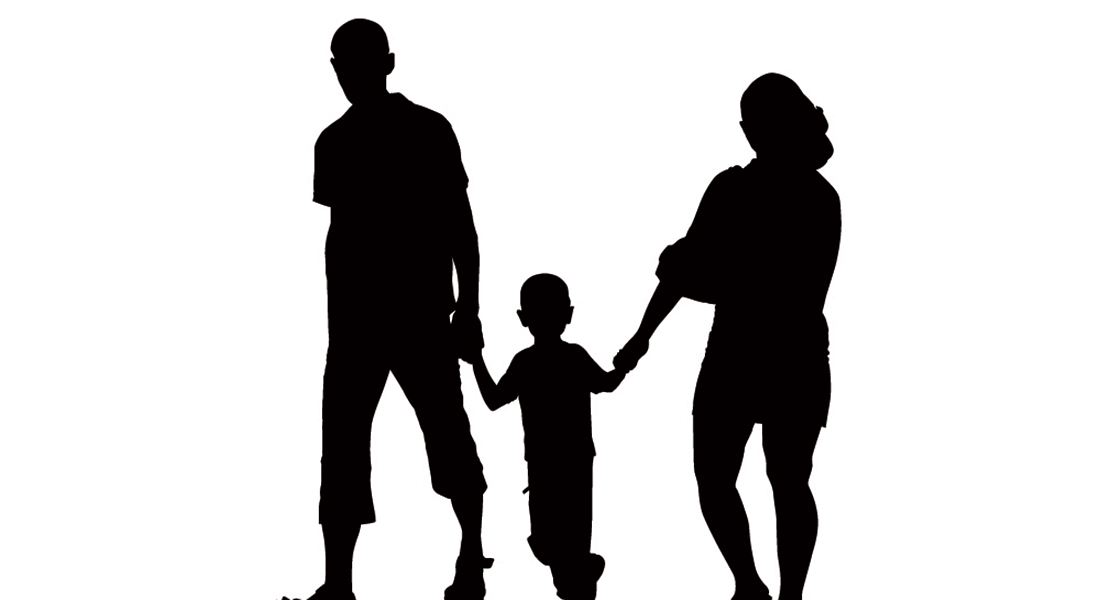Understanding Intergenerational Transmissions - A Cross-Disciplinary Approach (UNITRAN)

PROJECT IS COMPLETED
Project period: 2013-2018
The aim of the UNITRAN project was to provide a better understanding of intergenerational transmissions. Although we know that children resemble their parents with regard to many socioeconomic outcomes, we have little understanding of why this is the case. Rooted in sociology, the UNITRAN project combined ideas from sociology and economics to provide a better approach to analyzing the causes and consequences of intergenerational transmissions.
The project was innovative both theoretically and empirically. Theoretically, it combined formal models of intergenerational transmissions in economics with theories in sociology that conceptualized a wide range of family factors that might affect children’s outcomes. Empirically, it used high-quality data and econometric methods to describe intergenerational associations and to estimate the causal effect of parental resources and behaviors on child outcomes.
The UNITRAN project provided new empirical evidence on several aspects of intergenerational transmissions:
- Cultural resources: Sociologists argued that cultural resources in the family of origin were important for children’s educational outcomes. Yet, there was little agreement on the mechanisms through which cultural resources operated and whether or not they were substantively important. The UNITRAN project developed a formal theoretical model of cultural capital investments and provided new empirical evidence on the causal effect of cultural resources on children’s educational outcomes.
- Educational aspirations: Sociologists and economists argued that educational aspirations shaped educational outcomes. Yet, little was known about the transmission of aspirations over more than two generations. The UNITRAN project analyzed the potential multigenerational effects of educational aspirations on educational attainment and the extent to which aspirations account for persistence in outcomes across multiple generations.
- Extended family: Sociologists and economists realized that intergenerational transmissions extended beyond parent-child relationships and also included extended family members. The UNITRAN project analyzed extended family members’ contributions to intergenerational transmissions via, for example, financial transfers, shared family environments, and social support.
- Parental investments and practices: There was agreement that parenting plays a key role in shaping child development and outcomes. The UNITRAN project provided new empirical evidence on two aspects of parenting. First, it analyzed how parents’ beliefs about the returns to investments in children affected resource allocation within the family. Second, it analyzed how cultural and material resources shape parenting practices, which in turn affect child outcomes.
Mads Meier Jæger
Mads Meier Jæger was Principal Investigator on the UNITRAN project. He is Professor of Sociology at the University of Copenhagen and at the Danish National Centre for Social Research. His research interests include intergenerational mobility, social stratification, and applied quantitative methods. He is currently working on papers that analyze the intergenerational transmission of cultural resources and the effect of these resources on educational outcomes. His work has appeared in, for example, American Sociological Review, Social Forces, and Sociology of Education. For more information view researcher profile here.
Joseph Molitoris
Joseph Molitoris was a postdoctoral researcher in the UNITRAN project. His research interests include fertility behavior, parental investments in children, and demographic influences on child health. Joseph’s previous work has focused on sociodemographic inequality during the historical declines of fertility and mortality in Stockholm in the 19th and 20th centuries. His current research investigates the intergenerational transmission of fertility behavior of modern populations, the influence of fertility behaviors on children’s health outcomes, and the role of grandparents as sources of childcare. Joseph’s recent publications appear in leading demography journals, such as Population Studies, Demographic Research, and Population and Development Review.
Asta Breinholt
Asta Breinholt was a PhD student in the UNITRAN project. Her research interests include social inequality of education, parenting, and social-science genomics. Her Ph.D. thesis investigates the role of parenting in the process of intergenerational transmission of education and combines theories from sociology and child development psychology. She is currently working on several projects including the effect of maternal education during early childhood on children's educational performance, whether parental attitudes moderate the effect of culturally stimulating activities on children's educational performance, and how children convert culturally stimulating activities into educational performance.
Anders Trolle
Anders Hjorth-Trolle was a PhD student in the UNITRAN project. A sociologist by training, his research interests include Inequality of opportunity, the role of parental investments in intergenerational transmissions, and applied quantitative methods. He is currently working on several projects including the development of a formal model of the process through which parents update beliefs about returns to investments in children. He is also currently doing work on the effects of family size as well as research on the effects of compulsory school grades for social inequality.
Kristian Bernt Karlson
Kristian Bernt Karlson was a postdoctoral researcher in the UNITRAN project. His research interests include educational stratification, social mobility, and quantitative methods. He currently works on three projects, the first of which examines the role of cultural capital in the production of socioeconomic inequality in educational outcomes. The second project investigates the multigenerational transmission of educational aspirations and its role in the stratification of educational opportunities. The third project develops a new approach to studying the intergenerational transmission of education in terms of positional goods. Kristian’s recent work appears in Social Science Research, European Sociological Review, and Sociological Methods & Research.
Mads Meier Jæger
Department of Sociology
Mail: mmj@soc.ku.dk
Phone: +45 35 32 32 84
The project was funded by:
UNITRAN has received funding from European Research Council
Project: UNITRAN (ERC-2012-STG-312906)
PI: Mads Meier Jæger
Start: 2013
End: 2018
Researchers
| Name | Title | Phone | |
|---|---|---|---|
| Jæger, Mads Meier | Professor | +4535323284 | |
| Karlson, Kristian Bernt | Associate Professor - Promotion Programme | +4535321588 |

